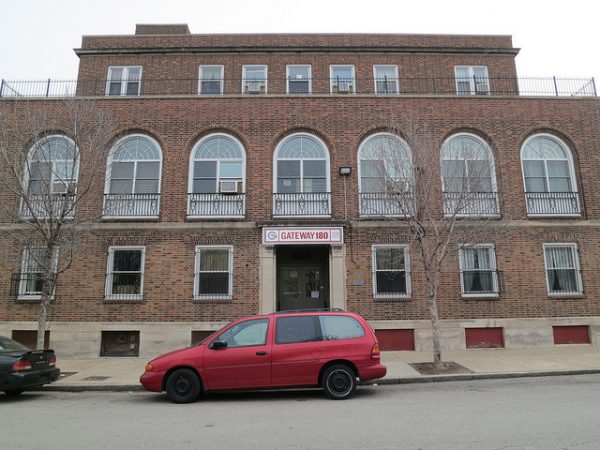
Criminological theory suggests that voluntary organizations — nonprofit groups that provide services to the neighborhood — are associated with decreased levels of crime. Research shows that voluntary organizations create neighborhood cohesion and decrease potential stressors that have been found to increase criminal activity. Yet, there is research on this relationship that finds weak, or even opposite, effects than the theory suggests, with some studies finding voluntary organizations to actually increase crime levels. In a new study, James Wo, John Hipp, and Adam Boessen complicate the relationship by taking into account how long the voluntary association operates within a particular neighborhood.
Using data from the National Center of Charitable Statistics, the U.S. Census, and local police departments, the researchers find that neighborhoods with more voluntary organizations are weakly associated with lower levels of crime after controlling for between neighborhood and city variation. But when they consider the length of time each voluntary organization has operated in each neighborhood, they find an “age-graded effect.” That is, organizations that have spent more time in the neighborhood are more effective in reducing crime. The effect also varies by association, and civil advocacy and community associations, for example a minority rights association, are associated with the most consistent decreases in crime across types of crime.
The results of this new study reveal that not only are certain organizations more effective in reducing certain types of crimes, but significant resources, leadership, and time must be devoted to an organization before it has a significant impact on the level of crime in an area. The authors note that organizations may face challenges upon startup, such as gaining trust with the community or funding issues, or they may have services or events that take time to take effect. Although the stakeholders in voluntary organizations want, or even need, to show tangible effects for funding or legitimacy, the research here suggests that the longer you let the voluntary centers incubate, the more extensive their impact on community safety.

Comments